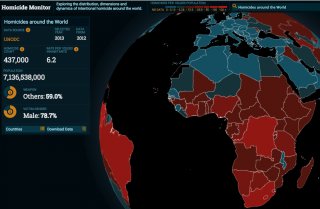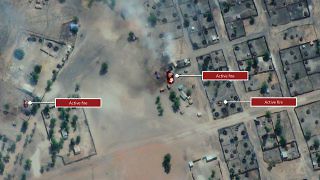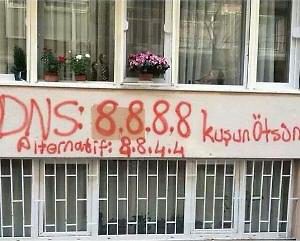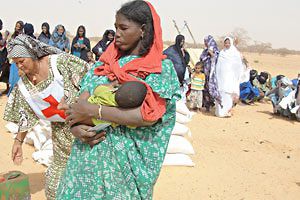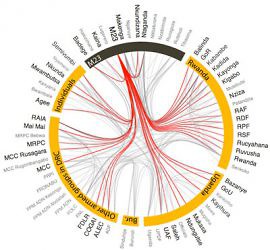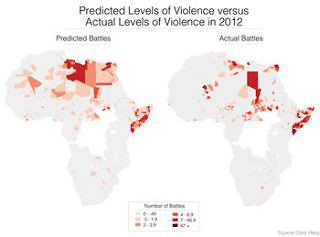In the ever-escalating compendium of cyber incidents and intrusions, an enormous US government breach–perhaps the largest ever–came to light earlier this month with news of a federal hack affecting “nearly every government agency.”This incident, which exploited a zero-day vulnerability (a previously unknown flaw in software), exposed and put at risk the personal information of four million […]
Tag: technology
-
-
In 2012, the latest date for which relatively comprehensive information is available, one out of every three people violently killed each year around the world—outside ongoing war zones—was either Brazilian, Colombian, Mexican, or Venezuelan.
-
Satellite imagery has proven to be a valuable conflict prevention and management tool, and one with enormous potential. However, the recent uptick in largely uncritical media coverage suggests that a realistic assessment of its limitations is needed.
-
The latest video released by the so-called Islamic State on Sunday showed the aftermath of the beheading of a fifth Western hostage, aid worker Peter Kassig. Apparently less choreographed and more rushed than the group’s previous video portrayals, it represents yet another gruesome piece of propaganda that has grabbed the world’s attention once more.Since it […]
-
IPI’s Thong Nguyen reviews the book ‘The Naked future,’ in which Patrick Tucker argues that increasing telemetry and connectivity may help us improve our ability to predict the future.
-
When it comes to national security, online censorship appears to be a losing proposition for the Turkish government.
-
François Grünewald of Groupe URD says there is a lot still unknown about the political actors in northern Mali, and this is making humanitarian work even more difficult.
-
A new data visualization could help shed some light on the protagonists of Congo’s interlocking conflicts.
-
Machine learning is poised to help with the basic operational challenge of developing early warning systems: processing and analyzing data.
-
A hard-won fight to get Jane Austen’s face on a bank note in England was greeted with rape threats targeting the effort’s main champion, Caroline Criado-Perez.

